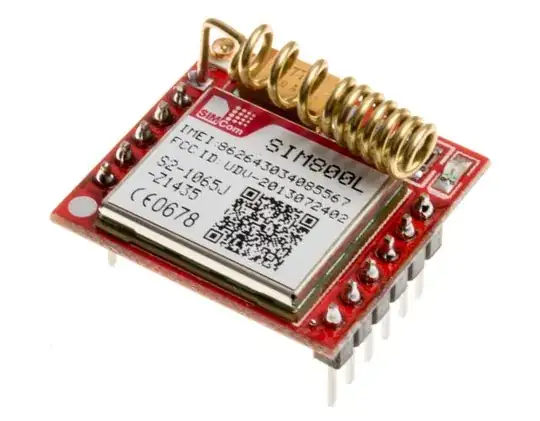I am looking at creating a fleet of low power, Arduino driven devices.
I would need some kind of GPS on them all (or could triangulate through phone network?) plus a connection to the internet - just for HTTP POST requests. GPRS or GSM would do but 3G would be better.
What are the best (price is a major factor because I'm trying to do a fleet) GSM, GPRS or 3G modules that I can use with Arduinos? As I said, I need their location so one with GPS built in would be great.
EDIT: The amount of devices in the fleet will change, so the entire network needs to be dynamic which is why having a GPRS/GSM module on each one would work so well.
